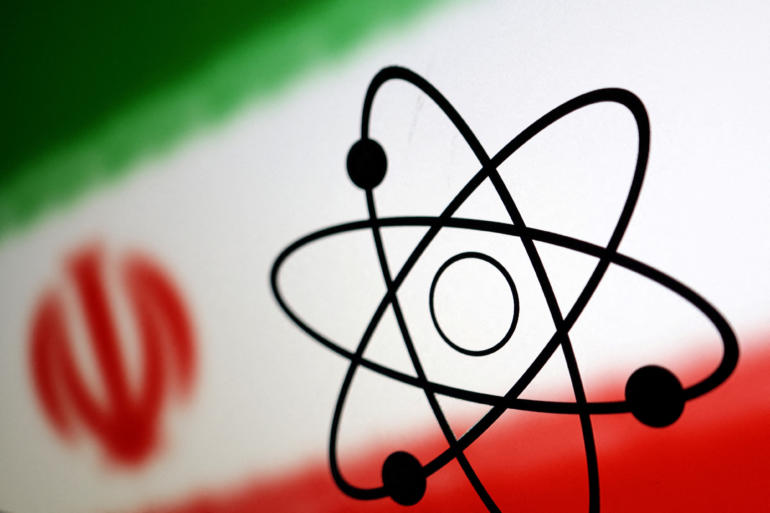After months of negotiation, the prospect of a revised Iran nuclear deal looked like it was close to the finish line. But, will it ever happen?
The initial agreement, also called the Joint Comprehensive Plan of Action -or JCPOA- was signed in 2015 between Iran, the United States, France, Germany, the U.K, Russia and China.
The international accord collapsed in 2018 when then U.S. President Donald Trump abandoned it and imposed new sanctions on Iran.
However, the Biden administration has made the revival of the deal an important priority and Tehran is anxious to have sanctions lifted. Indirect negotiations between the sides have been taking place in Vienna. But the parties have failed to reach agreement and just this week the EU’s chief diplomat, who has been facilitating the discussions, did not sound optimistic.
To discuss:
- Mohammad Marandi is Chair of American Studies Department at the University of Tehran
- Daniel Serwer is Senior Fellow, Johns Hopkins School of Advanced International Studies.
- Samuel Ramani, Associate Fellow at The Royal United Services Institute
- Einar Tangen, Senior Fellow at the Taihe Institute
For More:
Lapid: 'too early to say we undermined #Iran #nuclear deal' https://t.co/9OvxNCXd7D
— Middle East Monitor (@MiddleEastMnt) September 7, 2022
An Iran nuclear deal is unlikely to happen soon, reports The Times of Israel https://t.co/8HhYOLjSOs
— Bloomberg (@business) September 7, 2022
White House rejects linking Iran nuclear deal, IAEA probes https://t.co/Ptcm2inU7x
— Reuters Iran (@ReutersIran) September 2, 2022
 CGTN America
CGTN America
 Atom symbol and Iran flag are seen in this illustration, July 21, 2022. REUTERS/Dado Ruvic/Illustration REFILE – CORRECTING YEAR
Atom symbol and Iran flag are seen in this illustration, July 21, 2022. REUTERS/Dado Ruvic/Illustration REFILE – CORRECTING YEAR
